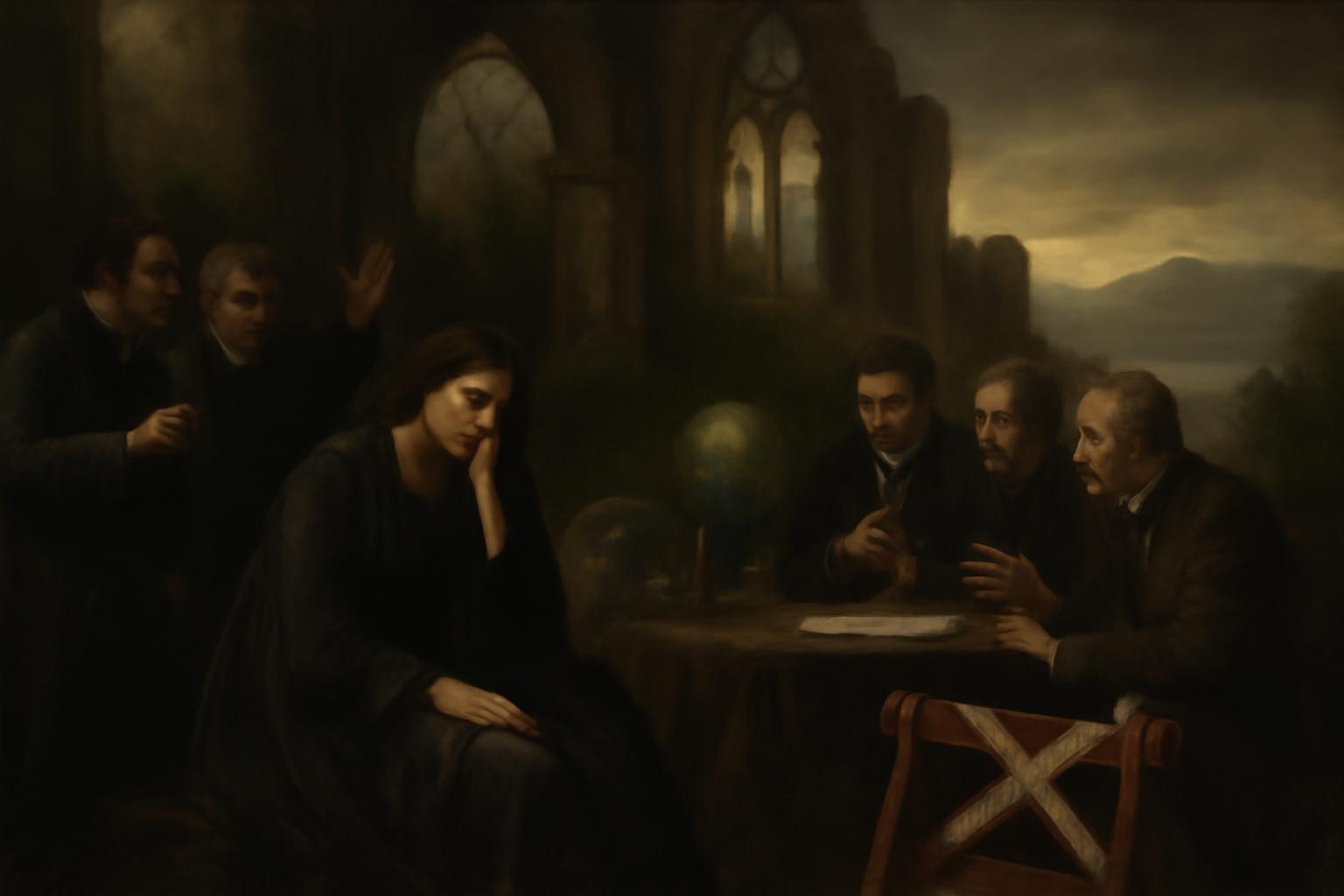In Geneva, the great council of nations rehearses a tragedy of our own manufacture: a treaty as brittle as a carved idol, sought to curb the plague of plastics yet revealed in the glare of politics as something easily toppled by a single dissenting breath. After more than a week of frantic parley among 184 voices, a fresh text arrives, only to be branded unacceptable by many—Colombia, Panama, and the European Union among them—leaving the hall to echo with the hollow promise of a minimal, non-binding declaration. What zeal once claimed to outrun fate now sighs into a draft that contains few binding provisions and even omits any firm curb on the birth of new plastic, the very axletree of the modern edifice.
There are those who thunder with ambition, calling for binding rules and production caps, while others—oil-prospering powers among them, Saudi Arabia and Iran—prefer the gentler discipline of waste management and recycling, a posture that flattered itself as realism while shrinking the horizon of responsibility. The dissent is not merely procedural; it is existential. Greenpeace’s Moritz Jäger-Roschko laments the setback for people and planet, as if the covenant of concern has chosen to shrink its own reach. From the podium, the chorus repeats: a text that respects red lines rather than trading them for a genuine political deal. The German State Secretary Jochen Flasbarth warns with a scholar’s gravity that the present draft will not close the door on a deal, and pledges German steadfastness in pursuit of a breakthrough in Geneva—a bright socket for a dim fuse.
Even as the negotiators spar, the world’s craftspeople of doom and possible cure—scientists delving into erosion strategies for plastics, fungi among them—press the calendar’s weight down upon policy’s spine. Time, in this theatre, is a merciless auditor; Florian Titze of WWF cautions that only a robust political will and broad, patient diplomacy can prevail over a small minority’s favored wording and the ongoing plastics crisis. Panama’s Juan Carlos Monterrey Gomez speaks a bitter truth about red lines and the peril of a merely political bargain, while the debate rages in the imperial court of rhetoric and interest.
And so we drift, in the manner of Greek tragedy, where the chorus knows the outcome but must endure the next act. The modern council of knowledge, with its shimmering symbol of progress, discovers that the most stubborn foe is not ignorance but the very machinery of compromise: a text that promises to restrain what the world cannot restrain from desiring, to regulate what the mind cannot regulate from greed. Nietzsche would remind us that the will to meaning itself falters when confronted with the weariness of perpetual negotiation; the gods, if they still lurk, seem to have grown tired of human craft and fallible judgment.
What remains, then, is not merely a policy dispute but a reflection on civilization’s temper: to curb the instrument that fashions our comfort, or to permit the instrument to outrun its conscience. The plastics crisis is a skald’s tale for our time, a warning that the age that boasted of mastery over matter might soon discover that mastery without restraint is ruin. If the best of intentions cannot bind this small minority of preferred texts into something durable, we may yet be left with a declaration that is only a whisper against the storm, and a culture that knows in its marrow what it has forfeited.
